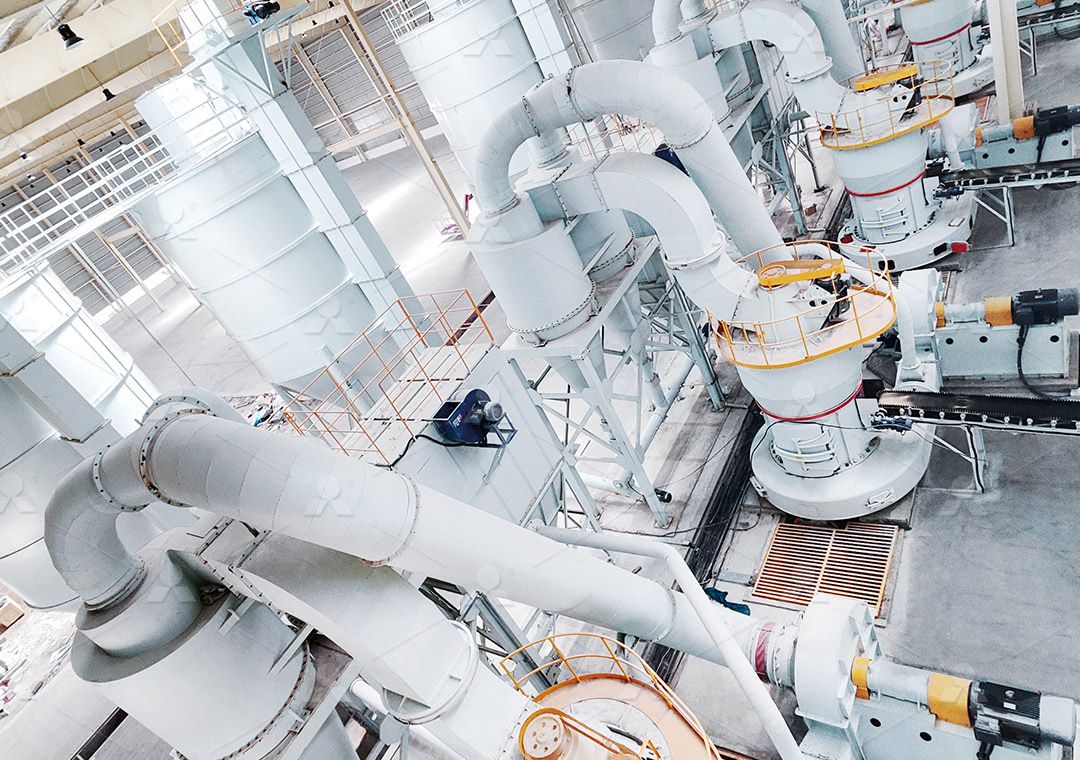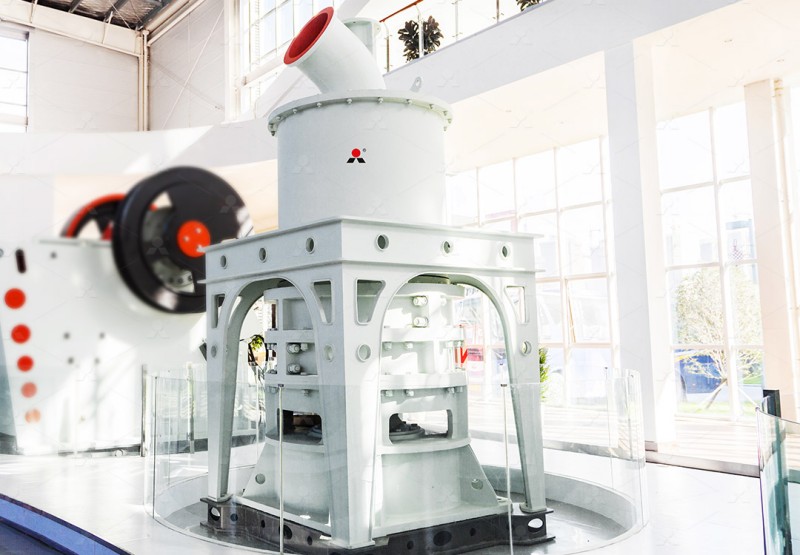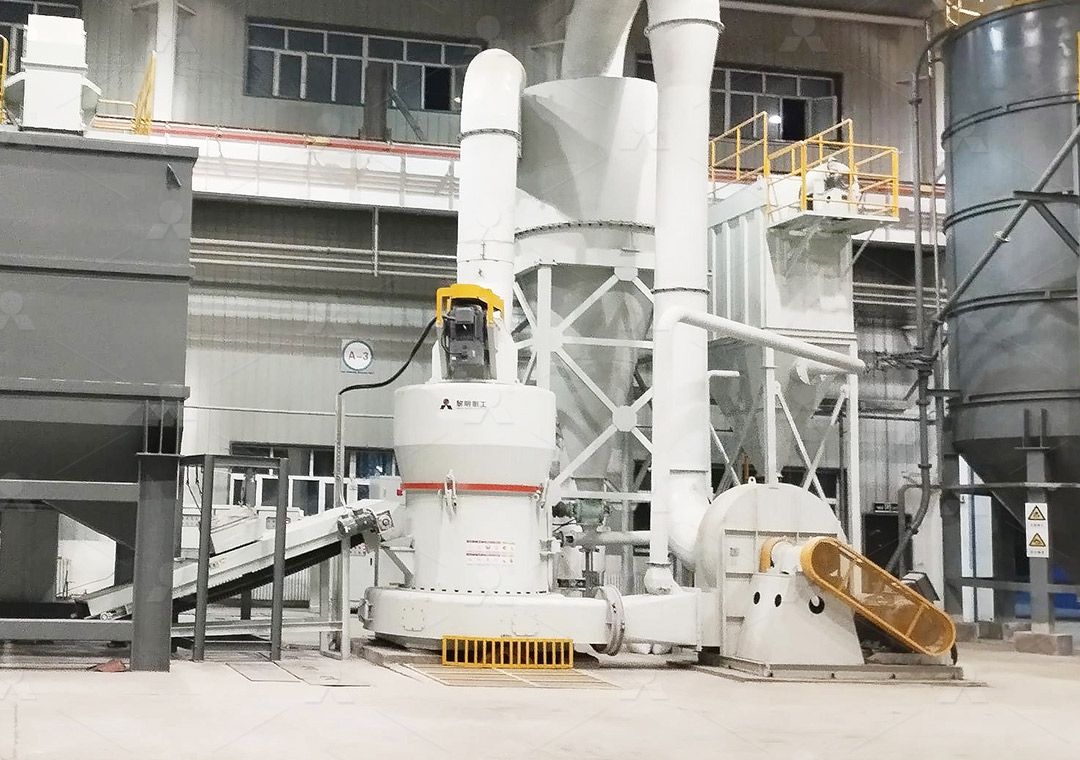Raymond Mill for Bentonite Grinding: Efficient Powder Processing Solution
Raymond Mill for Bentonite Grinding: Efficient Powder Processing Solution
Bentonite, a highly absorbent aluminum phyllosilicate clay, has become an indispensable material across numerous industries including foundry, drilling, construction, and environmental remediation. Its unique properties – particularly swelling capacity and viscosity – make proper grinding crucial for unlocking its full potential. For decades, Raymond Mill technology has stood as the cornerstone of efficient bentonite powder processing, offering reliable performance for medium-fine powder production.

Traditional Raymond Mill systems have proven particularly effective for bentonite applications requiring fineness between 80-400 mesh. The inherent design advantages – including centralized electrical control, efficient powder collection, and minimal footprint – make these mills ideal for operations prioritizing consistent quality and operational simplicity. The grinding mechanism, utilizing spring-loaded rollers against a rotating ring, provides the perfect balance of pressure and shear force needed to break down bentonite’s layered structure without compromising its chemical properties.
Advanced Solutions for Modern Bentonite Processing
While conventional Raymond Mills continue to serve many applications effectively, evolving industry demands for higher capacity and finer products have driven technological innovation. For operations requiring ultra-fine bentonite powder below 325 mesh, or those processing larger volumes, advanced grinding technologies offer significant advantages.
Our MW Ultrafine Grinding Mill represents a leap forward in bentonite processing technology. With an input size capacity of 0-20 mm and throughput ranging from 0.5-25 tph, this system delivers exceptional performance for ultra-fine powder production. The MW series achieves fineness between 325-2500 meshes – far beyond conventional Raymond Mill capabilities – while maintaining the bentonite’s essential properties through gentle grinding action and precise temperature control.

What sets the MW Ultrafine Grinding Mill apart for bentonite applications is its innovative design that eliminates rolling bearings and screws within the grinding chamber. This critical feature prevents contamination from worn mechanical parts and eliminates downtime caused by loose fasteners. The external lubrication system enables continuous 24-hour operation – a crucial advantage for bentonite processing facilities serving continuous production environments like drilling mud manufacturing.
Optimizing Bentonite Processing Operations
Successful bentonite grinding requires more than just selecting the right equipment. Proper moisture control, feed rate management, and system integration all contribute to optimal performance. Bentonite’s natural moisture content typically ranges between 15-30%, necessitating integrated drying capabilities in many grinding systems. The MW series addresses this through its efficient air flow design that simultaneously grinds and dries material, eliminating the need for separate drying equipment in most applications.
The environmental considerations of bentonite processing cannot be overlooked. Dust control remains paramount, given bentonite’s fine particle size and potential respiratory concerns. Modern grinding systems incorporate advanced pulse dust collection technology that captures 99.9% of particulate matter, ensuring compliance with stringent environmental regulations while maximizing product recovery.

For operations requiring even higher capacity or specialized bentonite products, our LUM Ultrafine Vertical Grinding Mill offers additional advantages. With input size of 0-10 mm and capacity of 5-18 tph, this system integrates German powder separating technology with advanced roller design to achieve exceptional product quality. The reversible structure simplifies maintenance, while the multi-head powder separating technology enables precise control over final product specifications.
Future Directions in Bentonite Processing
The evolution of bentonite grinding technology continues to focus on energy efficiency, automation, and product consistency. Modern systems increasingly incorporate IoT capabilities for remote monitoring and predictive maintenance, reducing unplanned downtime and optimizing consumable usage. As industries demand more specialized bentonite products with tightly controlled particle size distribution and surface properties, advanced grinding technologies will play an increasingly vital role in meeting these specifications.
Frequently Asked Questions
What is the optimal fineness range for bentonite in drilling applications?
Most drilling mud applications require bentonite ground to 200-325 mesh. The MW Ultrafine Grinding Mill can easily achieve this range while maintaining the clay’s viscosity-enhancing properties.
How does moisture content affect bentonite grinding efficiency?
Excessive moisture (above 12-15%) can reduce grinding efficiency and increase energy consumption. The MW series incorporates integrated drying capabilities to handle materials with moderate moisture content without preprocessing.
What maintenance considerations are specific to bentonite grinding?
Bentonite’s abrasive nature necessitates regular inspection of grinding elements. The MW Ultrafine Grinding Mill’s external lubrication system and absence of internal bearings significantly reduce maintenance requirements compared to traditional mills.
Can the same equipment process different types of bentonite?
Yes, both sodium and calcium bentonite can be processed in the same equipment, though optimal settings may vary. The adjustable parameters of modern grinding systems allow quick adaptation to different material characteristics.
What capacity range is suitable for medium-sized bentonite processing operations?
For most medium-scale operations, systems with 5-15 tph capacity like the MW series provide the ideal balance of production volume and operational flexibility.
